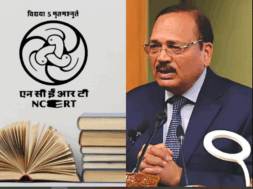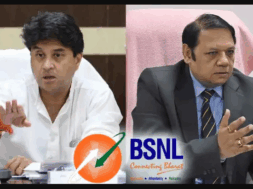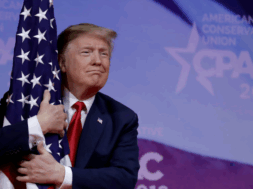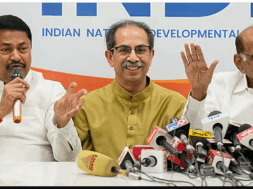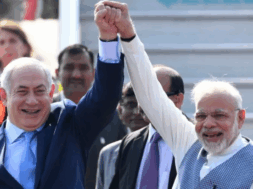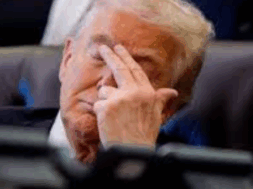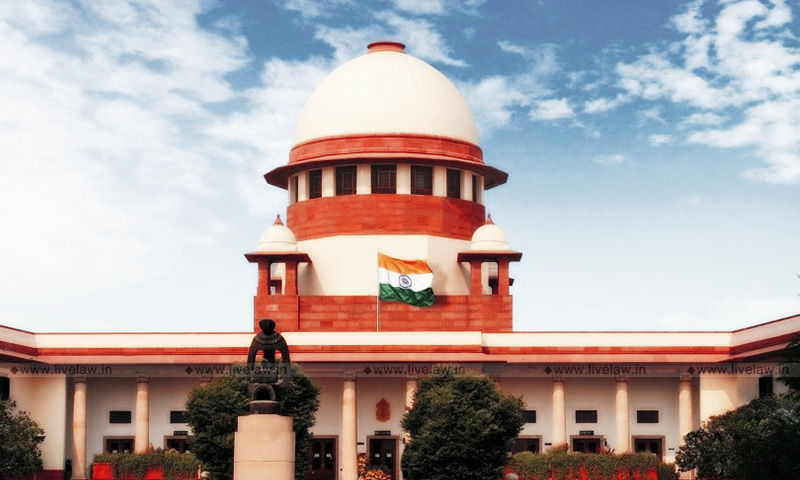
Manas Dasgupta
NEW DELHI, Aug 5: Even as the prime minister Narendra Modi slammed the opposition for continued blockade of Parliament functioning on the Pegasus spyware issue and the former union minister Ravi Shankar Prasad questioning if there was any “prima facie evidence” of mass surveillance, the Supreme Court on Thursday made it clear that it considered the Israeli spyware issue to be “serious” needing investigation if the media reports were true.
A Bench of Chief Justice of India (CJI) NV Ramana and Justice Surya Kant said the allegations of the government using Israel-based technology to spy on civilians, journalists, ministers, parliamentarians, activists were “no doubt serious” provided the news reports were true and that the “truth has to come out.” The apex court has fixed the next hearing on August 10.
Modi, however, slammed the opposition for stalling the proceedings in Parliament demanding a debate on the Pegasus issue which the government had claimed to be a “nonissue.” “No matter how much some people try to disrupt Parliament proceedings and stall the development of the country, our country cannot become hostage to such selfishness and politics,” the prime minister said while interacting with the beneficiaries of Pradhan Mantri Garib Kalyan Anna Yojana in Uttar Pradesh through video-conferencing.
Since the start of the Monsoon session on July 19, parliamentary proceedings have been witnessing disruptions due to protests by Opposition parties. The session is likely to conclude next week.
The prime minister said the sole intention of the opposition parties was to create roadblocks on the path of development and termed their action “anti-national.” “Bharat chall padha hain (India is on the move),” the PM said as he listed the “achievements” of his government on various fronts.
The former minister Prasad at a press conference at the BJP’s national headquarters in New Delhi slammed the Congress and claimed that there was no “prima facie” evidence to back up the allegations that certain phones had been hacked by the government. He claimed that the government was willing to discuss all issues on the floor of the House, but that the Opposition had even forgone the opportunity to get clarifications from the Information Technology Minister Ashwini Vaishnaw after his statement on the Pegasus issue in the Rajya Sabha. “Opposition MPs instead tore the statement,” he added.
“Is there any prima facie evidence that [phone] numbers were indeed put under surveillance,” Prasad asked, noting that Justice Arun Mishra, who retired from the Supreme Court in September 2020 and is now chairman of the National Human Rights Commission, has said a mobile number of his allegedly put under surveillance was surrendered by him way back in 2014.
The two-judge bench headed by the chief justice directed the petitioners, including senior journalists N Ram, the Editors Guild of India, Rajya Sabha Member John Brittas and five journalists, reported to be targeted by Pegasus spyware, to serve copies of their petitions to the offices of the Attorney General of India and the Solicitor General. Former Union Minister Yashwant Sinha, represented by senior advocate Manish Tiwari, has also filed a petition.
Listing the case for August 10, the Bench said it wanted the government to be represented in court in the next hearing. “Somebody should appear for the government,” Chief Justice Ramana observed.
The court did not issue a formal notice to the government. Part of the court’s reluctance was invited by a petition by advocate Manohar Lal Sharma in which he has arraigned individuals as respondents. Sharma has named Modi and the union home minister Amit Shah as personal parties in his petition.
The CJI said some of the petitioners have expanded the scope of their pleas beyond Pegasus to other issues, including a challenge on authorised interceptions under the Telegraph Act.
“There are a number of problems… We have to see which petitions we have to issue notice on. Some have even challenged the Telegraph Act… These are unnecessary complications,” Chief Justice Ramana and Justice Kant told the lawyers.
The hearing began with a barrage of questions from the Bench. For one, the Chief Justice noted that a “majority” of the petitions were based on reports in foreign newspapers. The court asked whether there was any other “verifiable material” based on which it could order an inquiry into the Pegasus allegations.
“We are not saying the petitions are based on hearsay and we cannot say there is no material, but with your access to international materials and resources, should you not have made more efforts?” Chief Justice Ramana asked the petitioners’ side.
Secondly, he said questions regarding surveillance had popped up over two years ago. “Why have you come now suddenly? What were you doing for two years?”
Thirdly, the court asked why the “targets” have not taken criminal action. “If you knew your phone was hacked, why did you not file a criminal complaint?” he queried.
Responding to the first question about the need for “verifiable material other than foreign newspaper reports” to order an inquiry, senior advocate Kapil Sibal, appearing for Ram and senior journalist Sashi Kumar, said a California court had recorded that the Pegasus spyware was “only sold to government agencies” The U.S. court had rejected a plea by NSO Group, the creators of the Pegasus spyware, for “sovereign immunity.” Ram’s petition clearly mentioned that the U.S. court was dealing with a suit filed by WhatsApp against the NSO Group “for targeting the mobile phones of around 1400 users with malware”.
But Sibal said there was anyway no dispute about Pegasus targeting Indian phone users. A statement was made by the minister in the Lok Sabha in July, taking note of Pegasus surveillance of Indian users.
On the second question about why the petitioners have moved court in 2021 and not in 2019 when reports of unauthorised surveillance first came out, senior advocate Meenakshi Arora, for Brittas, stated that the issue was indeed raised in November 2019. “The Minister had then answered there was no unauthorised interception,” Arora submitted.
Senior advocate C.U. Singh, for the Editors Guild, said the names of targets came to be known only in July 2021.
On the third question regarding why ‘targets’ did not go to court individually, senior advocate Shyam Divan said this was not an individual case of surveillance. “The dimension of this surveillance is huge. This is an issue which requires the formation of an independent fact-finding body at the highest level,” he submitted.
Senior advocate Arvind Datar, for the five journalists, agreed that the enormity of the allegations and the number of persons targeted deserved the court to take up this case as a “class action suit”.
“Pegasus is a rogue technology. It is entirely illegal. It infiltrates our lives without our knowledge through our phones… It hears, it watches, it surveys our every movement. It destroys the constitutional values of our Republic like privacy and individual dignity. Moreover, it destroys our national Internet backbone and is a threat to our national security… Please issue notice to the government. Let the government come on board and say why and how Pegasus infiltrated in India… Let the government say why, if they knew of the surveillance, they did not register a case… Why did the Government of India keep quiet?” Sibal said.
He said he was informed that accessing a mobile phone using Pegasus costs $55000. “The NSO Group says its technology is used for fighting terror and crime… So all these journalists are terrorists now?” he inquired.
The global media investigation involving several leading publications, including The Wire, has disclosed that 300 phones from India were on the list of potential targets on the leaked database of NSO, which supplies Israeli spyware Pegasus. It is not established, however, that all the phones were hacked.
Two petitions were filed in the Supreme Court on the same case, one by CPM MP John Brittas and the other by advocate ML Sharma. Following this, senior journalists N Ram and Sashi Kumar had sought probe by a Special Investigation Team headed by a sitting of former judge into the snooping allegations.
The Editors’ Guild of India in its petition filed two days ago, requested the Supreme Court to seek details from the government on the spyware contract and a list of those targeted.




